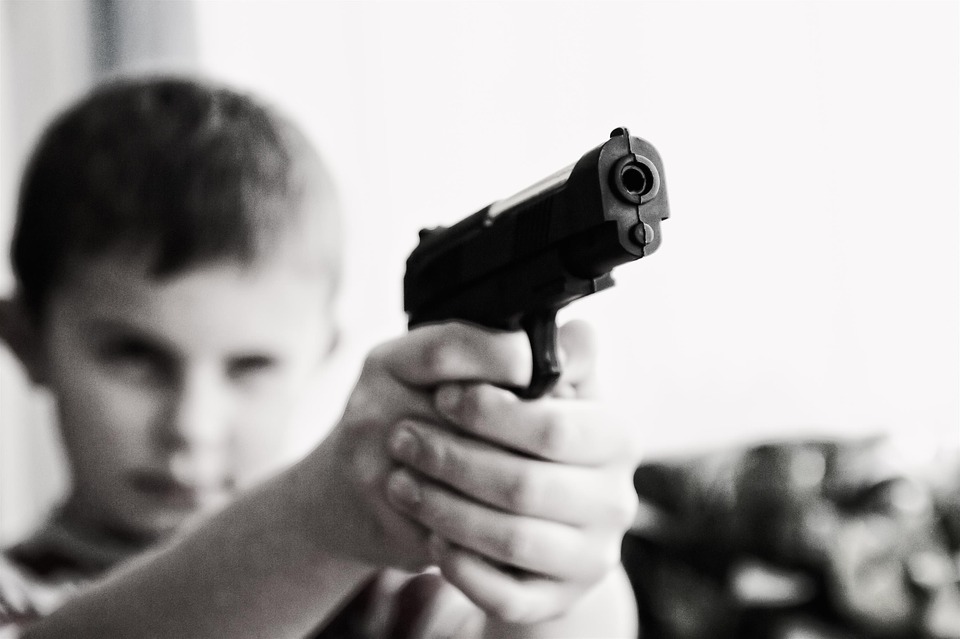Should children be encouraged to use guns or weapons in their pretend play?
Play guns have always caused a stir amongst Early Years providers, with many debating the positives and negatives of encouraging imaginative play using weapons. Most children, especially boys, will go through a stage of pretending to use guns or weapons in their play, acting out different scenarios. This can be worrying for adults who see this type of play as aggressive or violent and will stop the children from continuing.
Children need to experience a variety of play and imaginative play is very important in building self esteem and learning about social boundaries. Young children should be given the opportunity to act out scenarios that they may have witnessed in reality or through the media, in order for them to try and understand the situation and separate right from wrong. Using guns in pretend play can enable children to take on a role and experiment with good vs bad, with the children usually choosing to take on the hero role. This can support children in feeling good about themselves and build self confidence and self esteem.
Many adults fear that exposing children to this type of play and allowing them to pretend to use guns can impact on their future responses and encourage violent behaviour, however research has shown this is not the case at all. Studies show that children who experience imaginative play using weapons are no more likely to become aggressive or use weapons as they get older than their peers. In fact, some researchers have suggested that encouraging children to experiment with pretend play and allow props to act as guns or weapons, can support children in channelling their aggression in a healthy way. It has also been suggested that children will learn values and acceptable behaviour from their parents and the adults around them, not imaginative play props. In this case, parents and adults can educate children on the importance of safety and rules.
Children who use guns in their play may often use adult language or talk about “killing”; however experts say this is simply children experimenting with power and fantasy. Young children have no concept of what “killing” means, as they do not understand the consequences of using a gun or of death. As children grow up they will begin to understand these factors and their imaginative play will begin to evolve into more lifelike scenarios.
Ultimately it is down to the parents on deciding whether their child should be allowed to play with pretend guns, however it is important to look past the ‘violent’ factor and weigh up the pros and cons for the child’s learning and development.
